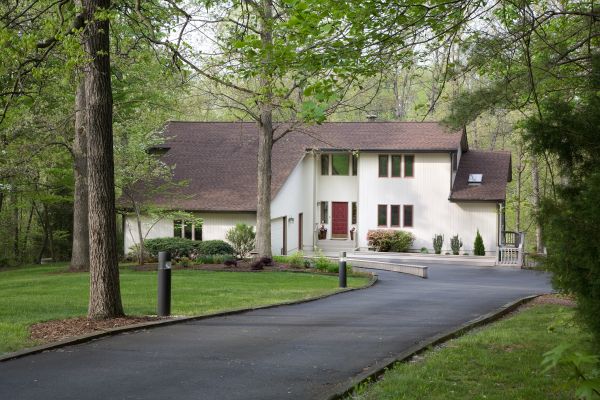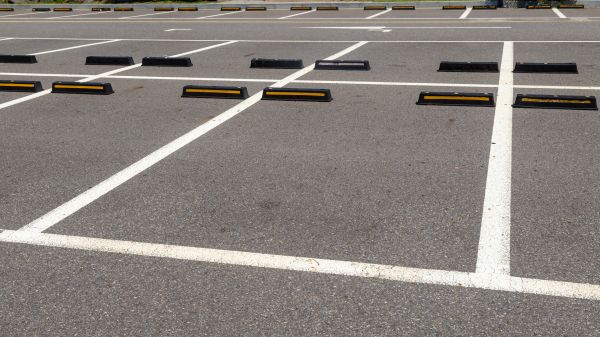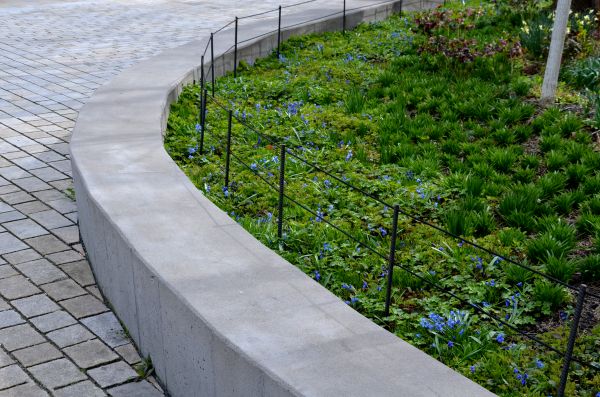Runway Paving Service
Affordable Runway Paving
Runway paving is a crucial aspect of airport infrastructure, ensuring the safe and efficient operation of aircraft. The quality of runway surfaces directly affects the performance and safety of takeoffs and landings. Properly paved runways provide a smooth and durable surface, minimizing wear and tear on aircraft and reducing the risk of accidents. The importance of runway paving cannot be overstated, as it plays a vital role in maintaining the reliability and safety of air travel.
Benefits of Runway Paving
-
Enhanced Safety:
A well-paved runway significantly reduces the risk of accidents during takeoff and landing by providing a smooth and even surface. This minimizes the chances of skidding or other mishaps, ensuring the safety of both passengers and crew. -
Improved Durability:
High-quality runway paving materials are designed to withstand the constant wear and tear from aircraft operations. This durability ensures a longer lifespan for the runway, reducing the need for frequent repairs and maintenance. -
Cost Efficiency:
Investing in professional runway paving can lead to long-term cost savings. A durable runway surface reduces maintenance costs and extends the time between necessary repairs, ultimately saving resources and minimizing disruptions to airport operations. -
Operational Efficiency:
A well-maintained runway allows for smoother and more efficient aircraft operations. This can lead to improved scheduling and reduced delays, enhancing the overall efficiency of airport operations and passenger satisfaction.
FAQs About Runway Paving
What materials are commonly used for runway paving?
Runway paving typically involves the use of asphalt or concrete. These materials are chosen for their durability and ability to withstand the heavy loads and harsh conditions experienced on runways.
How often should runways be repaved?
The frequency of repaving depends on various factors, including the volume of air traffic and environmental conditions. Generally, runways may require repaving every 10 to 20 years, but regular inspections are essential to determine the exact timing.
What factors influence the cost of runway paving?
Several factors can affect the cost, including the size of the runway, the materials used, and the complexity of the project. Additionally, geographical location and local regulations can also play a role in determining costs.
How does runway paving impact airport operations?
Runway paving can lead to temporary disruptions in airport operations. However, careful planning and scheduling can minimize these impacts, ensuring that paving projects are completed efficiently and with minimal inconvenience.
Fill out the contact form today to request professional Runway Paving services and enjoy the benefits of enhanced safety, improved durability, cost efficiency, and operational efficiency.




